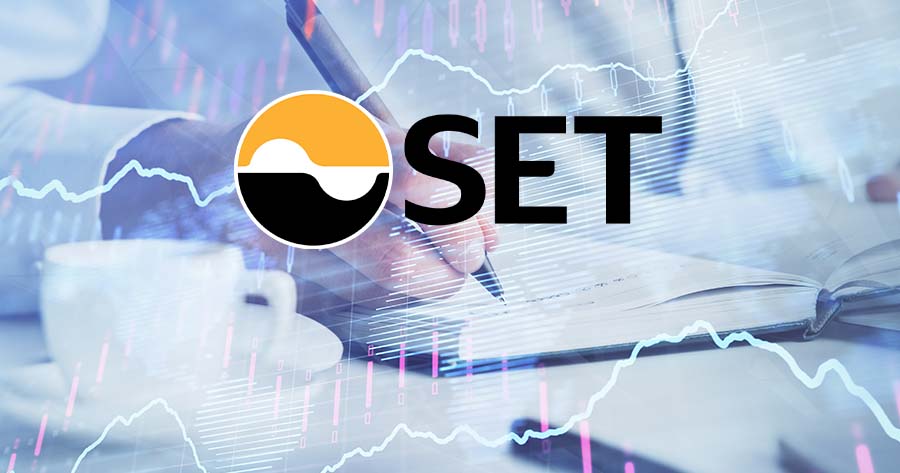1) Thai stock market overview
Thailand’s SET Index closed at 1,652.29 points, decreased 15.15 points or 0.91% with a trading value of 67 billion baht. The analyst stated that the Thai stock market traded in negative territory to lower the risk before the Fed’s rate hike that could pressure the stock market. Moreover, the selloff from small and mid-cap stocks also dragged the market down as well.
The analyst expected SET Index on Thursday to rebound if the Fed’s rate hike is according to estimate, giving a support level at 1,650 points and a resistance level at 1,670 points.
2) Thai Business Sentiment slips in April on volatility of raw material and energy prices
Thailand’s business sentiment index fell in April in both the manufacturing and non-manufacturing sectors, with almost all components worsening, while cost confidence remained low, Bank of Thailand reported on Tuesday.
The BSI slipped to 48.2 in April, but almost all sub-indices stayed above the 50-point threshold, apart from cost confidence, which remained low, particularly in manufacturing and real estate, that were impacted by volatility in global raw material and energy prices as a result of the Russia-Ukraine war.
3) City reopening stocks show optimism after Thai border reopens
Tourism industry in Thailand came back vividly after the government lifted the Test & Go scheme and eased COVID-19 controlled measures in many provinces from May 1.
The Tourism Association of Koh Samui reported that the hotel business has started to witness a surge in bookings since the country reopened, with May hotel reservations surging 30% over April rates.
Meanwhile, Chiang Mai has welcomed foreign tourists once again, particularly from Malaysia, with Air Asia resuming service between Kuala Lumpur and Chiang Mai every Monday, Friday, and Sunday beginning May 2, according to local media.
4) Australia central bank hikes interest rate for the first time in a decade
The Reserve Bank of Australia on Tuesday raised its interest rate for the first time in more than a decade by 25 basis points to 0.35% amid acceleration of inflation as prices of food, petrol and other consumer goods all spiked in the first quarter of 2022. The hike was Australia’s first raise since November 2010.





